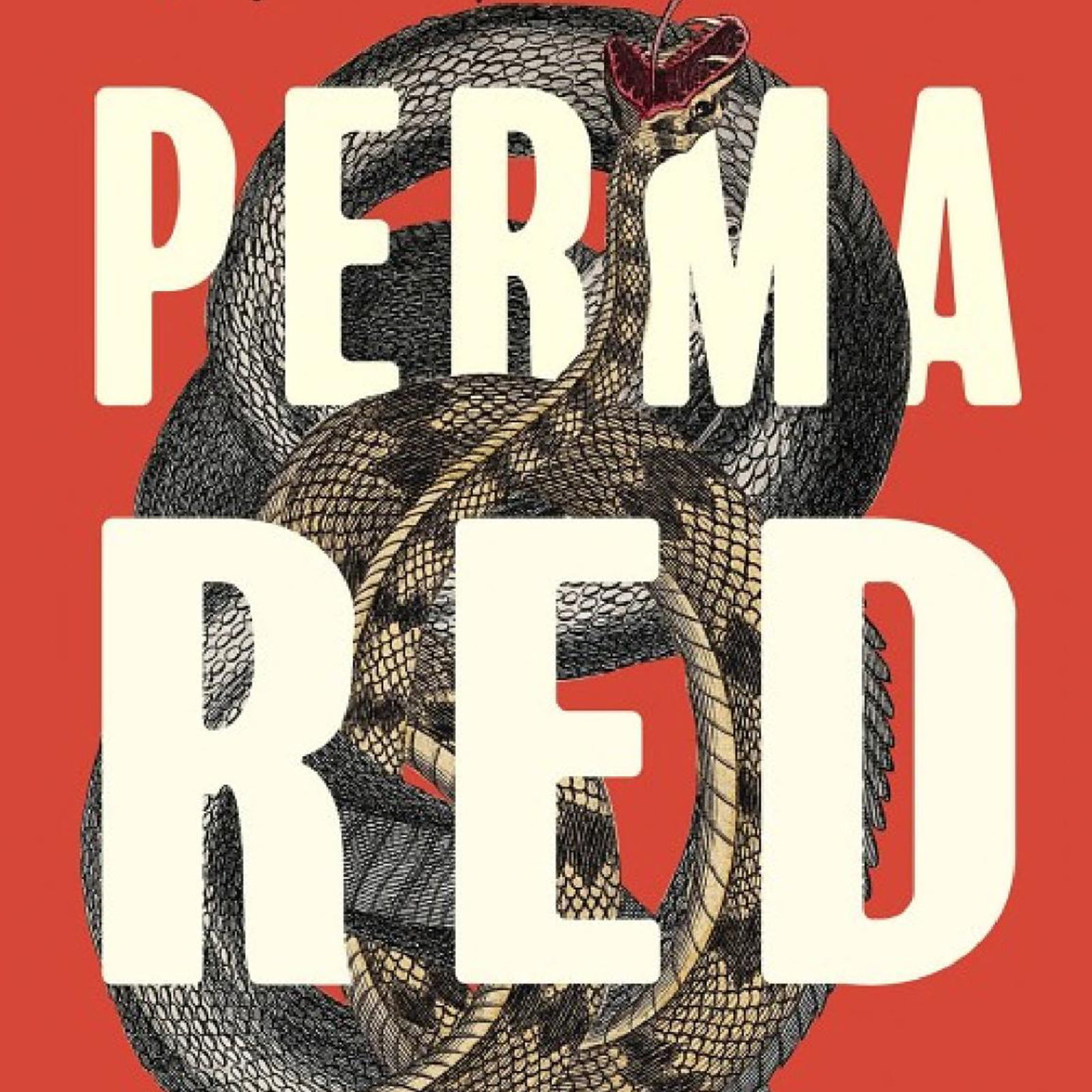From the very first sentence of “Perma Red” by Debra Magpie Earling, Louise White Elk’s struggle is unrelenting, swallowing readers into a story that shocks, and somehow, brims with complicated, raw hope. First published in 2002, the novel is being reissued on its 20th anniversary by Milkweed Editions, reviving the lives of Louise, Baptiste Yellowknife and Charlie Kicking Woman. The novel took home numerous awards in its first printing with the story set in the 1940s on the Flathead Indian Reservation of a young women in search of independence and connection.
Raised by her Grandmother Magpie, Louise’s life is dominated by Baptiste’s looming presence and preternatural powers. At the edge of adulthood, Louise’s life is defined by incessant pulses of loss: the death of her mother and her father’s desertion, forced attendance at an Indian boarding school, and then familial separation to live with an unwelcoming white family in Thompson Falls. She is bold, and fond of escape, walking for miles undeterred. Many men pursue her, with her “cedar-red hair,” beginning with Baptiste who casts her in a hallucinatory spell of traditional medicine when she’s 9, to Charlie, the tribal officer whose infatuation with Louise causes the demise of his marriage, and then a third man, Harvey Stoner. Harvey is white, rich, and powerful. Other men make impressions upon Louise like the cowboy Jules Bart but the defining love triangle is between Louise, Baptiste, and Charlie. The haunting intertwining of Louise and Baptiste is tumultuous, sometimes endearing, and spares no one.
Throughout the novel, Louise attempts to untangle her binding connection to Baptiste, even if her grandmother warns her not to fall for the son of Dirty Swallow, the rattlesnake woman. Despite her grandmother’s warnings, there is something unique about Baptiste that continues to draw her to him. “She chose to believe she was with him because there was a strength in him she would never have. He was not ashamed to be Indian. The nuns couldn’t wash the smell of spirit smoke from his hair with all their kerosene. They couldn’t soap away his Indian tongue,” writes Earling.
Although there are certain gifts of strength dwelling within Baptiste, there is also darkness and danger lurking within. The novel crackles with tension, and the various men pursuing Louise as a cold, harsh winter descends upon the reservation bring the story to a precarious climax. Louise, like so many women, faces unspeakable violence yet is determined to survive.
Earling’s prose is evocative, with richly drawn descriptions of characters that electrify the page. Her deftness with vivid language propels the kinetic narrative. Characters like Grandma Magpie and the dominating Stoner are shaped with a fullness that their strength and vulnerability saturate the page.
A tribal member of the Bitterroot Salish, Earling was the first indigenous director for the Creative Writing program at the University of Montana. Earling began teaching in 1992, joining notable faculty such as the late William Kittredge. In 2021, the university named her Professor Emeritus. Earling’s work highlights the traumatic lives of indigenous women like Louise, subjected to cruelties at mission boarding schools and alcohol-fueled assaults from their loved ones. Generations of indigenous families survived innumerable hardships from disease, extreme poverty, dispossession and systemic racism. Earling is unflinching in her resolve to convey these stories upon the page despite the sorrows, horrors, and sacrifices. Set in real locations like the Dixon Bar, dangerous bends of the Flathead River, the small towns of Perma and Paradise, geography helps tether the startling and urgent story, which is somehow–brilliantly–dreamlike and grounded. May “Perma Red” never find itself out of print again.
